READY TO GET STARTED?
REQUEST A FREE ESTIMATE
Fill out the form below or call (888) 466-7849 for a free, no-obligation estimate.
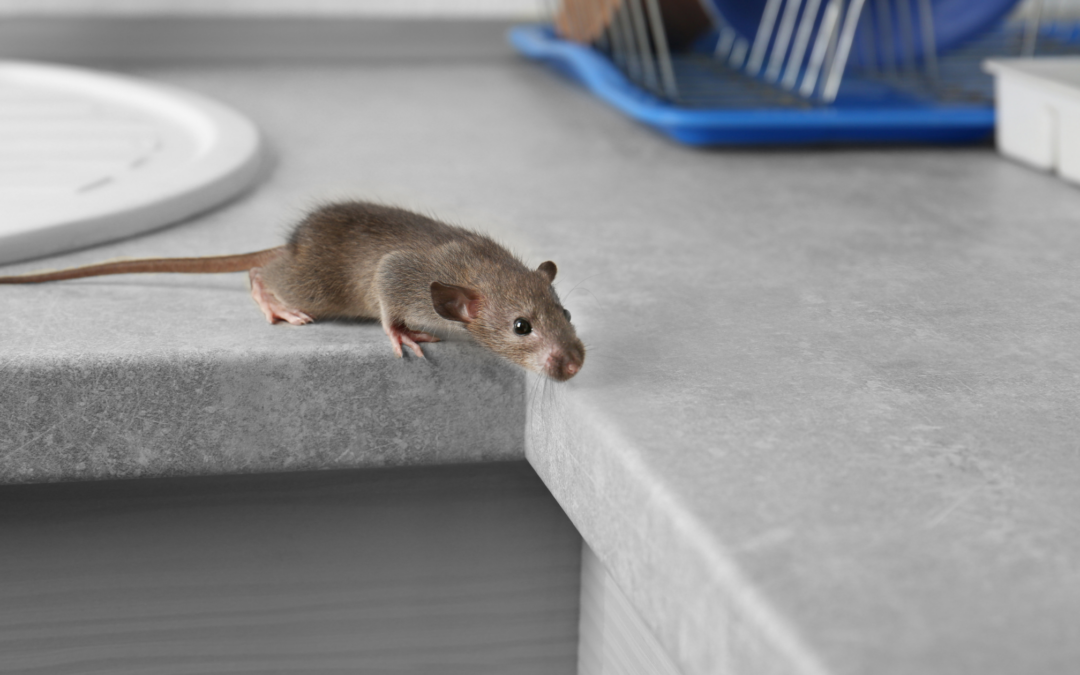
As winter sets in and temperatures drop, rodents begin looking for warmth, food, and shelter — often finding it inside homes. Many homeowners across Georgia experience an uptick in rodent issues during the colder months. This seasonal shift creates a heightened need for effective rodent control to protect your home from potential infestations. In this guide, we’ll cover why rodents are more likely to invade in winter, the types of rodents that commonly infest homes, and actionable tips to help you prevent future rodent issues.
Rodents, like all animals, seek a stable environment to survive through the colder months. When winter arrives, food and water sources become scarcer outdoors, pushing these creatures to find alternatives. Indoor spaces provide the warmth and shelter they need to survive. They often target areas like attics, basements, garages, and even kitchens where food and nesting materials may be available.
Common entry points for rodents include small cracks, holes, and gaps in walls, roofs, and foundations. Rats and mice can squeeze through surprisingly tiny openings, with mice needing only a quarter-inch gap to gain entry. Once inside, they multiply quickly, which is why a minor rodent issue can turn into a full-blown rodent infestation if not addressed promptly.
In Georgia, the most common types of rodents that invade homes in winter are:
Each type poses unique challenges and can cause extensive damage to a home’s structure, wiring, insulation, and more if left unchecked. Understanding the kinds of rodents prevalent in Georgia can help you recognize their presence sooner and take action.
Before tackling rodent control, it’s important to know the signs of a rodent infestation. Here are the key indicators:
If you notice any of these signs, it’s time to consider immediate rodent control measures. A local pest control company can help you evaluate the severity of the infestation and recommend effective solutions.
The best approach to rodent control in winter is a combination of prevention, exclusion, and routine maintenance. Here’s how you can effectively protect your home:
Since rodents can squeeze through even the smallest gaps, it’s essential to thoroughly inspect and seal any entry points.
Rodents are attracted to food, so keeping your home clean and food sources secured can deter them.
Rodents prefer areas with plenty of hiding spots and nesting materials.
The outside of your home can be just as attractive to rodents as the inside.
DIY methods can help, but they may not always solve the problem. Partnering with a reputable pest control company for rodent control is crucial for long-term prevention. Professionals can inspect your home, identify all potential entry points, and recommend solutions like rodent exclusion to secure vulnerable areas.
Additionally, a pest control professional can help you implement a monitoring system to detect any recurring issues, enabling quick responses to prevent future infestations. Look for a company that specializes in rodent control near me to ensure they understand the local rodent species and effective deterrent methods.
Winter months often mean an increased risk of a rodent infestation, but by being proactive, you can keep your home rodent-free. Sealing entry points, removing food sources, and maintaining a clutter-free environment can go a long way in preventing these pests from invading. However, if you notice signs of rodents in your home, don’t wait to seek professional help.
Working with an experienced pest control company can make all the difference in keeping your home safe, secure, and rodent-free. By taking these steps now, you can help prevent rodents from making your home their winter hideaway.
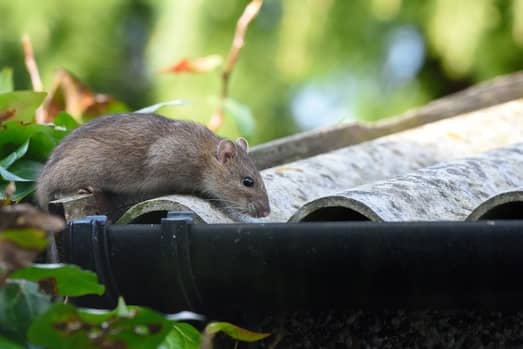
Living in Bonita Springs offers beautiful weather and stunning scenery, but it also comes with the challenge of managing pests—especially rodents. These unwelcome guests can cause damage to your home and pose health risks. Understanding successful methods in effectively dealing with rodents is essential for maintaining a safe and comfortable living environment.
In Bonita Springs, homeowners often encounter a few common rodent species:
Identifying a rodent problem early can save you significant headaches down the line. Look for these signs:
Seal Entry Points: Rodents can enter your home through surprisingly small gaps. Inspect your property for cracks and openings around doors, windows, and foundations. Use caulk or weatherstripping to seal these entry points.
Maintain a Clean Environment: Keeping your home clean is one of the most effective deterrents. Regularly vacuum and wipe down surfaces to eliminate food particles. Store food in airtight containers and promptly clean up spills.
Manage Outdoor Spaces: Trim trees and shrubs away from your home to prevent rodents from using them as access points. Keep your yard tidy, removing debris and piles of leaves that can provide hiding spots.
Use Natural Deterrents: Consider using natural repellents, such as peppermint oil, which can deter mice and rats. Soaking cotton balls in peppermint oil and placing them in areas where you suspect rodent activity can help keep them away from your property.
Professional Help: If the infestation is severe or you’re unsure how to handle it, calling a pest control professional is the best option. They can assess the situation and implement effective strategies to eliminate rodents properly.
Dealing with rodents in Bonita Springs requires vigilance and proactive measures. By sealing entry points, maintaining cleanliness, and utilizing effective rodent control methods, you can protect your home from these critters.
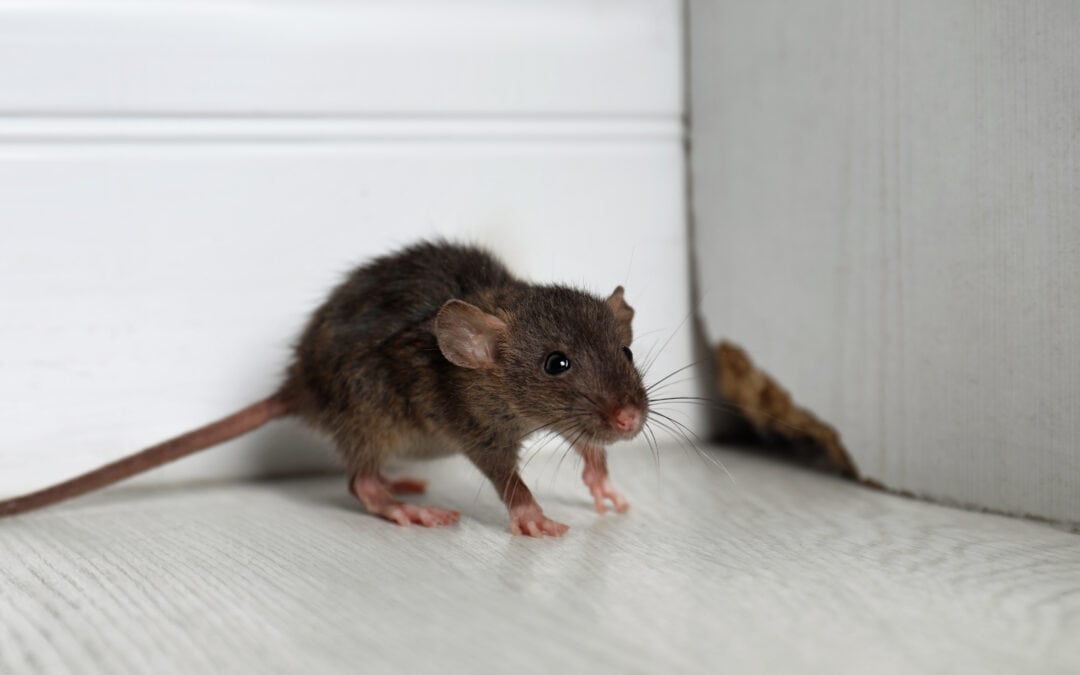
If you’ve noticed the unwelcome signs of rodents in your Florida home, like droppings, gnaw marks, or that unsettling scratching sound in the walls, you’re probably wondering, why are these creatures invading my space? Rodents like rats and mice are notorious for seeking shelter indoors, especially in Florida’s warm, humid climate. In this blog, we dive into what attracts rodents to your home and what you can do to keep them out!
Rodents are always on the hunt for a quick meal. If you have easily accessible food sources, such as open trash bins, pet food, and even crumbs on the floor, your home becomes an all-you-can-eat buffet! Even pantry items stored in cardboard boxes can be tempting to these critters.
Florida’s weather can fluctuate, with heavy rains or hot summers driving rodents indoors. These creatures are experts at finding entry points, no matter how small. Cracks in walls, open windows, or gaps under doors can be all they need to get inside.
Rodents need water to survive, and your home offers plenty of options. Leaky faucets, standing water in sinks, or even condensation around pipes can draw them to your property. Once they find water, they’re likely to stick around!
Rodents love cluttered spaces because they offer excellent hiding spots. If your attic, garage, or basement is filled with boxes or old furniture, rodents will feel right at home. These critters can also hide in areas like behind appliances or inside walls.
It may seem like an impossible task but it is possible to deter rodents from your property with a few, simple preventative measures! Consider these DIY rodent prevention tips:
If you’ve taken steps to prevent rodents and they’re still getting in, it’s probably time to call a local wildlife company near you. They can inspect your home, figure out what attracts rodents to your home, identify how they are getting in, and apply treatments to stop them in their tracks!
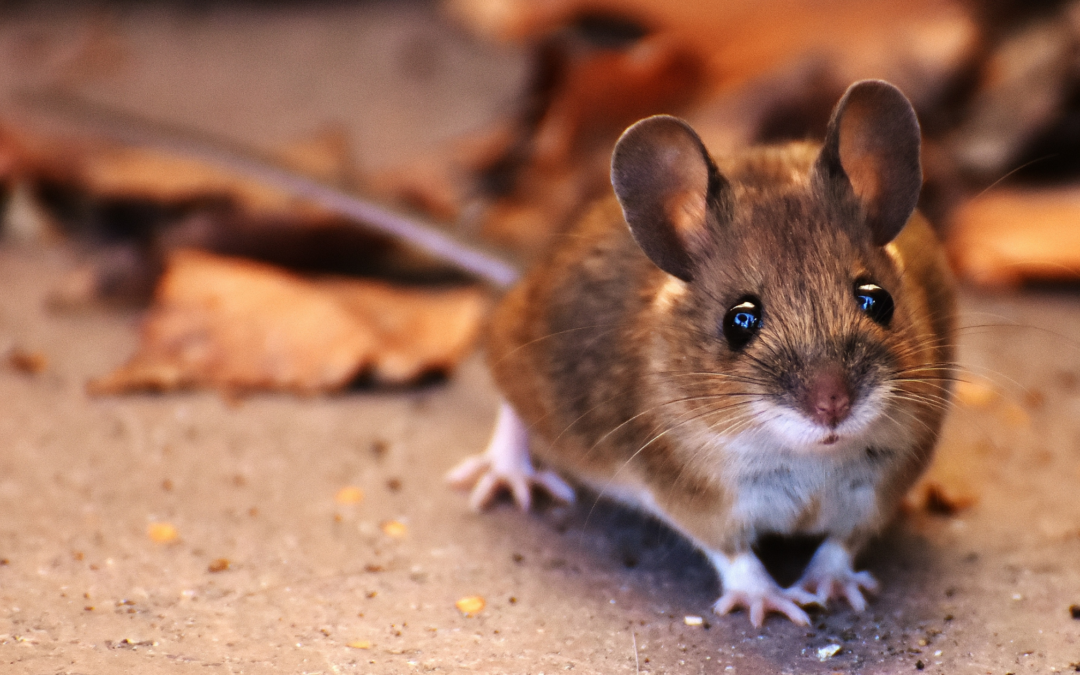
Rodents are a common issue for homeowners in Georgia, particularly during certain times of the year. Understanding when these pests are most active, the risks they pose, how they infest homes, and how to prevent them can help protect your home from unwanted intrusions. In this guide, we’ll dive into the types of rodents found in Georgia, the signs of a rodent infestation, and effective rodent control methods, ensuring you can safeguard your property all year round.
In Georgia, the most common rodents that homeowners may encounter include:
Each of these rodents can cause significant damage to homes and property while also posing health risks to humans.
Rodents are active throughout the year in Georgia, but their behavior varies depending on the season:
Because of Georgia’s relatively mild winters, rodents can stay active year-round. However, it’s the fall and winter months when infestations typically peak, as rodents prioritize indoor shelter for survival.
Rodents are not just a nuisance; they pose serious health risks and can cause costly property damage. Here are the primary concerns associated with rats and mice:
Rodents are highly adaptable creatures that can enter homes through small cracks, gaps, and holes in walls, foundations, and roofs. In fact, a mouse can squeeze through an opening as small as a dime, and rats need only a quarter-sized gap.
They are drawn to homes for three main reasons:
To protect your home, it’s crucial to identify the early signs of a rodent infestation. Here’s what to look out for:
If you notice any of these signs, it’s time to take immediate action to prevent a full-blown rodent infestation.
Preventing a rodent infestation requires a combination of proactive measures and regular pest control services. Here are some effective ways to keep rodents at bay:
While DIY rodent control methods can be helpful for prevention, a professional rodent exterminator is essential if you have an active infestation. Pest control experts have the tools and knowledge to identify the extent of the infestation and eliminate rodents safely and effectively.
In addition to removing rodents, a professional pest control company can help prevent future infestations through regular inspections and treatments. Many homeowners search for rodent control near me to find a reliable pest control company that offers tailored solutions for their needs.
Rodents in Georgia are a year-round concern, with peak activity occurring during the fall and winter months. By understanding the risks rodents pose, recognizing the signs of an infestation, and taking preventative measures, you can protect your home from these destructive pests. However, when a rodent problem becomes too large to handle on your own, it’s time to call in the professionals. Whether you’re dealing with rats and mice or other household pests, a trusted pest control company can provide the rodent control solutions you need to keep your home safe and pest-free.
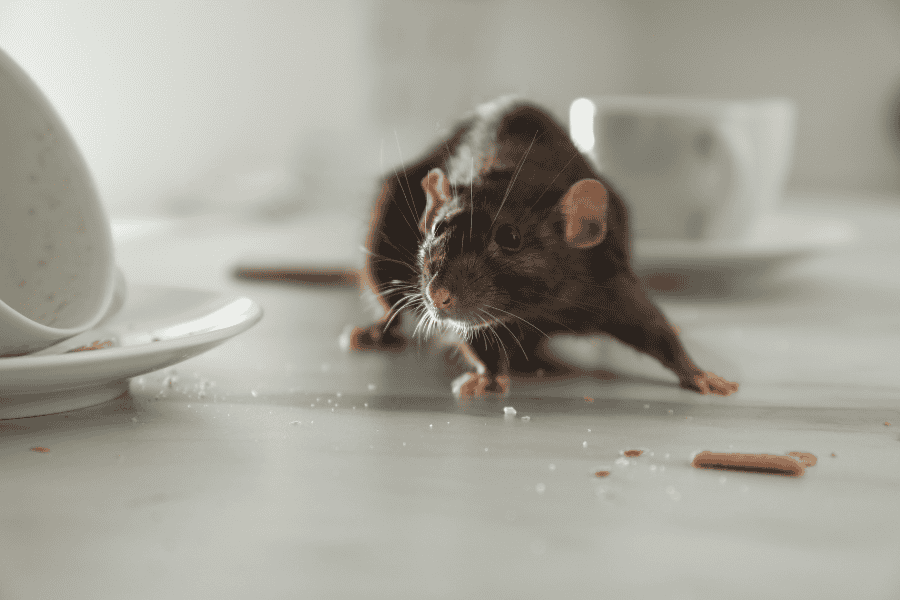
Winter can be a cozy time for many Alabama homeowners, but it’s also the perfect time for rodents to start seeking warmth and shelter – often inside our homes! To keep your property rodent-free during the colder months, placing a few DIY preventative measures can make all the difference. Let’s dive into some practical and easy-to-implement tips to help you protect your home from unwanted wildlife visitors year-round.
Rodents can squeeze through surprisingly small openings. Inspect your home for gaps around doors, windows, and your home’s foundation. Use weatherstripping or caulk to seal up any cracks or holes. Don’t forget to check for openings around pipes, vents, and utility lines—these are common entry points that rodents love.
A clean home is less attractive to rodents. Be sure to store food properly by keeping food in airtight containers, especially in the pantry. Likewise, look to clean up crumbs by regularly sweeping, mopping, and vacuuming to eliminate food scraps that could attract rodents. Don’t forget to take out the trash on a regular basis and dispose of it in trash bins that are tightly sealed.
Your yard is the first line of defense against rodents, so it’s important to keep it well-maintained. Trim back your vegetation throughout your property as rodents love to hide in overgrown shrubs and tall grass. Keeping this trimmed will help to reduce their hiding spots. Clear away piles of leaves, wood, and other debris that could serve as shelter for rodents. Look to keep any firewood or lumber at least 20 feet away from your home and elevate it off the ground.
Sometimes, despite your best efforts, rodents find a way in. If you’re dealing with an infestation or want to ensure your home is protected, it might be time to call a pest control company near you. These professionals can assess your home, provide rodent control treatments, and offer advice specific to Alabama’s climate and rodent population.
Keeping your Auburn home rodent-free during the winter months doesn’t have to be difficult. With a little effort, you’ll enjoy a cozy, rodent-free winter season.